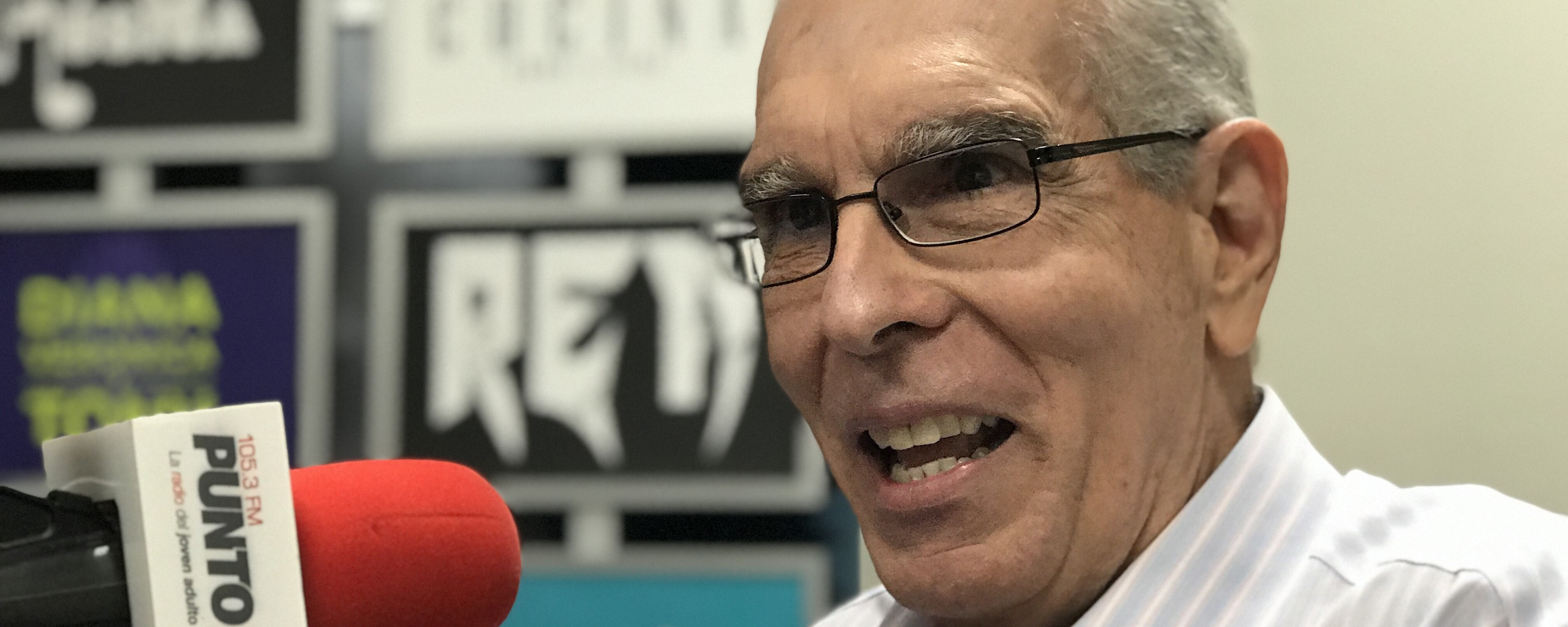This editorial was originally published in Spanish by Noticias UCA, a publication of the Central American University.
The storming of the U.S. Capitol in Washington, D.C. by mobs of Trump supporters resonated in El Salvador. Despite distances and differences, the incident prompted inevitable comparisons to President Nayib Bukele’s military occupation of the Legislative Assembly last February. Trump sent his troops to the Capitol; Bukele led police, soldiers, and public employees to the Blue Room of the legislature. Their motives were nearly identical. Trump was obsessed with winning reelection; Bukele was obsessed with forcing the legislature’s hand. Neither achieved their objective: in the case of Trump, the state institutions prevented it; and in the case of Bukele, he pulled back at the last moment in response to a still-unknown intervention. Trump now faces impeachment and tribunal; Bukele enjoys impunity, because that is what the state has prescribed.
The comparisons don’t end there. Both presidents’ management of the pandemic response has been clumsy and politicized. Both have viciously attacked critics — the independent press, in particular — and have governed by erratic, contradictory, and nonsensical tweets. Both have surrounded themselves with officials acquiescent to their whims, dismissing anyone who questions them. Several top officials in the Trump administration have resigned rather than violate the rule of law, and because they were fed up. Bukele, on the other hand, leveraged the incident to recruit candidates for mayor around the country and seats in the legislature. This form of governance has proven popular in numerous other countries. El Salvador is no exception.
The chaos is more consequential in the case of Trump because the United States is a global superpower. Bukele is content bragging about his unrivaled accomplishments and making ridiculous comparisons with Costa Rica, a country with a social security system Bukele envies but cannot match. Trump's America-first agenda has created an international vacuum now being filled by China. The nonpareil Bukele has failed to create jobs, reduce hunger, or cure disease. Unlike Trump, he has not quite reached the level of absurdity sufficient for his social media accounts to be shut down. Both men are doomed by their own fickleness.
The problem is neither Trump nor Bukele, however, but rather the social movements that uphold them. These movements are driven by grand certainties that, though detached from truth, reinforce whatever their supporters want to believe. These certainties offer an alternate reality in which difficulties and deprivations simply do not exist. Trump may soon disappear from the U.S. political scene — though he will no doubt reappear in the courtroom — but the social polarization, with its attendant hate and violence, will remain.
These movements are the product of pent-up rage and great disillusionment. In the case of El Salvador, the cause is not so much the wartime political parties and their culture of corruption, but the fact that neither democracy nor the 1992 Peace Accords — displayed before the world as a testament to the country’s moral superiority — have managed to halt the advance of hunger and misery. While a few accumulate ever more wealth, more and more people scrounge to survive. Adding insult to injury, the culture of neoliberalism proclaims that billionaires gain their wealth on their own merits, while ignoring the existence of the impoverished majority. Inequality, poverty, and social violence are not the result or responsibility of the victims of such forces, but of the savagery of neoliberal capitalism.
Disillusionment turned to rage is fertile ground for the strain of madness that led to the assault on the Capitol, symbol par excellence of democracy not only in the United States but for the whole Western world. The multitudes that stormed the Capitol are convinced that comfort and prosperity are immediately achievable. Movements like those aligned with Trump and Bukele view the present conditions of deprivation and restriction with anger and are convinced that their leaders are the solution to their misfortunes. Thus, they remain unashamed of their own follies. On the contrary, they are more determined and angrier than ever. Both Bukele and Trump are symptoms of this decades-old fury.
Contrary to the claims and assurances of electoral propaganda, the people do not actually have the power, even when they exercise the right to vote. Not even “el pueblo de Bukele” has the power, though this is what he has led them to believe—so much so that his followers are convinced, just as the militants of the FMLN once believed, that change is at his fingertips and imminent. But power is elsewhere, far away and unconcerned with the needs and interests of the people. Power is in the hands of the de facto rulers, the large corporations and finance capital—forces that extract immense profits from the hardships and deprivations of the people.
Trump has caused significant damage to his party, which has been left in disarray and has lost control not only of the White house, but of both houses of Congress. In the end, something bigger has also been lost. When one-person rule disappears, regardless of the reason, it drags everything nearby down with it. Time and opportunity are lost, and hunger and misery dig in and deepen.
*Translated by Max Granger

